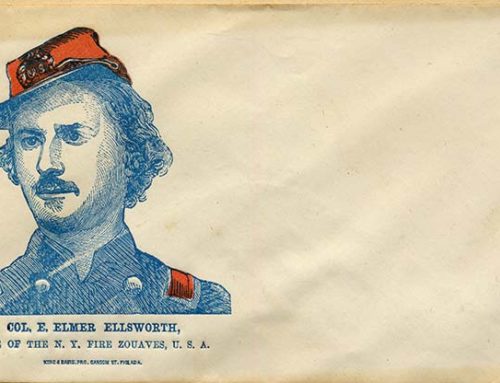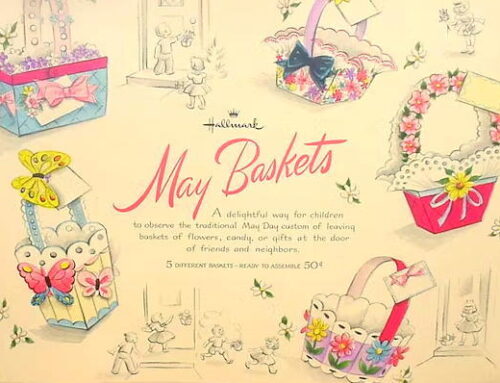Let’s discover the history behind Juneteenth. So many great resources can help us all remember and commemorate. Featured in this post: a new book from prize-winning historian Dr. Annette Gordon-Reed; Opal Lee, the activist behind the Juneteenth campaign; and primary sources from Houston Public Library Digital Archives and the National Archives.
Federal Holiday Created
NPR recently profiled Opal Lee, the activist who pushed for the Juneteenth federal commemoration.
In a warm and raspy voice, Lee recalls her decades of work in the Juneteenth movement after joining the Tarrant County Black Historical and Genealogical Society, which oversaw local Juneteenth celebrations. But she said that after more than 40 years as a community activist, she “really doubled down in 2016” by “going bigger.”
At the age of 89, Lee …. ‘knew I just had to spread the word about Juneteenth to everybody.” The best way to do that, she figured, was to help get Juneteenth accepted as a national holiday. She decided to start with a walking campaign in cities along a route from her home in Fort Worth, Texas, to Washington, D.C. …Over several weeks, Lee arrived in cities where she’d been invited to speak and walked 2½ miles to symbolize the 2½ years that it took for enslaved people in Texas to learn they were free.
President Biden signed legislation recognizing Juneteenth as a federal public holiday. “Throughout history, Juneteenth has been known by many names: Jubilee Day. Freedom Day. Liberation Day. Emancipation Day. And today, a national holiday,” Vice President Kamala Harris said. She also signed the legislation in her capacity as the president of the Senate.

Martha Yates Jones (left) and Pinkie Yates (right), daughters of Rev. Jack Yates, in a decorated carriage parked in front of the Antioch Baptist Church located in Houston’s Fourth Ward, 1908. (Courtesy Yates Collection, Houston Public Library Digital Archives)
Discover the History Behind Juneteenth
Juneteenth commemorates the date slavery was effectively abolished in the United States. Two and a half years after the Emancipation Proclamation was issued in 1863, about 250,000 enslaved persons were freed in Texas on 19 June 1865.
Historian Elizabeth Hix writes:
In Texas, slavery had continued [after the Emancipation Proclamation] as the state experienced no large-scale fighting or significant presence of Union troops. Many enslavers from outside the Lone Star State had moved there, as they viewed it as a safe haven for slavery….
After the war came to a close in the spring of 1865, General Granger’s arrival in Galveston that June signaled freedom for Texas’s 250,000 enslaved people. Although emancipation didn’t happen overnight for everyone—in some cases, enslavers withheld the information until after harvest season—celebrations broke out among newly freed Black people, and Juneteenth was born. That December, slavery in America was formally abolished with the adoption of the 13th Amendment.
Annette Gordon-Reed’s New Book On Juneteenth
 Noted historian Annette Gordon-Reed’s new book On Juneteenth interweaves “American history, dramatic family chronicle, and searing episodes of memoir.” Dr. Gordon-Reed, the descendant of enslaved people brought to Texas in the 1850s, “recounts the origins of Juneteenth and explores the legacies of the holiday that remain with us.”
Noted historian Annette Gordon-Reed’s new book On Juneteenth interweaves “American history, dramatic family chronicle, and searing episodes of memoir.” Dr. Gordon-Reed, the descendant of enslaved people brought to Texas in the 1850s, “recounts the origins of Juneteenth and explores the legacies of the holiday that remain with us.”
From the earliest presence of black people in Texas-in the 1500s, well before enslaved Africans arrived in Jamestown-to the day in Galveston on June 19, 1865, when General Gordon Granger announced the end of slavery, Gordon-Reed’s insightful and inspiring essays present the saga of a “frontier” peopled by Native Americans, Anglos, Tejanos, and Blacks that became a slaveholder’s republic. Reworking the “Alamo” framework, Gordon-Reed shows that the slave-and race-based economy not only defined this fractious era of Texas independence, but precipitated the Mexican-American War and the resulting Civil War. A commemoration of Juneteenth and the fraught legacies of slavery that still persist, On Juneteenth is stark reminder that the fight for equality is ongoing.”
Dr. Gordon-Reed recently spoke with National Archives staff about her new book and the history behind Juneteenth:






Leave a Reply